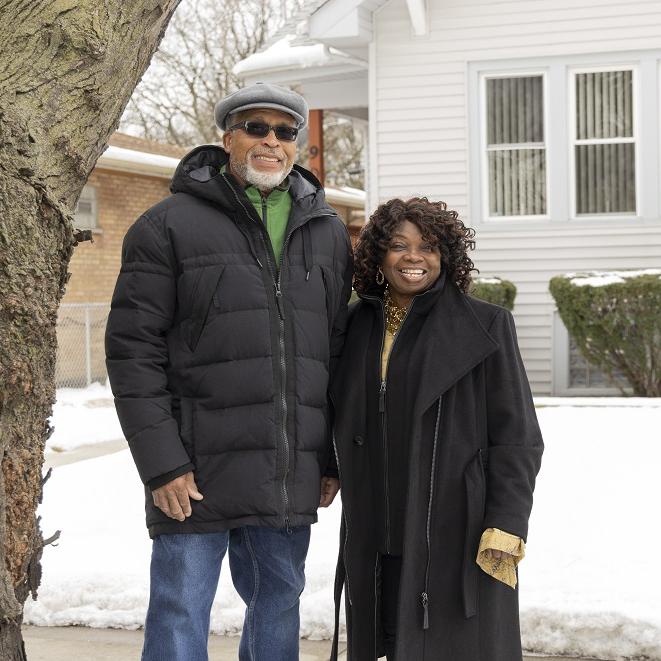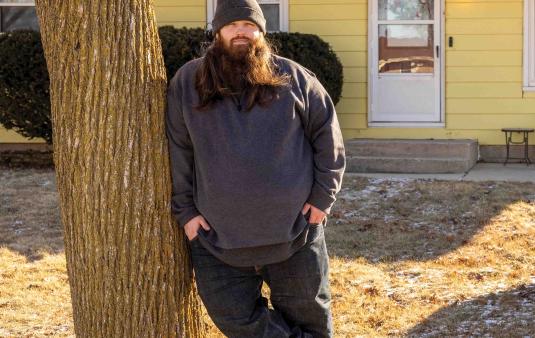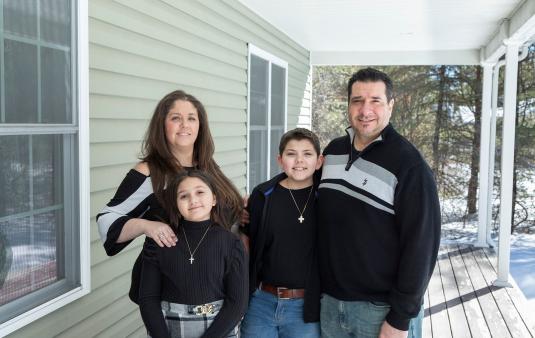In 2012, Jettie Cooper was a municipal employee with the City of Chicago, having a normal day at the office. He went for a routine appointment with his cardiologist — and was sent straight from the appointment to the hospital in an ambulance.
Doctors implanted a defibrillator and a pacemaker. Ten days later, the device fired six times, saving his life. As Cooper recalls, “My heart was racing so hard I thought it would jump out of my chest.” Doctors then implanted an additional device called an LVAD, and all was well for 1.5 years. Then, on December 23, 2013, in the middle of a blizzard, the new device sounded. Another rush to the hospital. This time, Cooper spent nearly four months in the ICU. On March 22, 2014, he received a new heart.
Although that was “a great blessing,” his medical troubles were far from over and his financials ones were just beginning.
Cooper had assumed that he would return to work, so he used all of his sick leave, his vacation days and then went on public assistance. Later, he was approved for disability pay through his job. A five-year, interest-only mortgage loan modification helped, and all seemed well. Then in 2017, Cooper’s kidneys began failing. First, he went on dialysis four days a week; then he received a kidney transplant — another great blessing.


